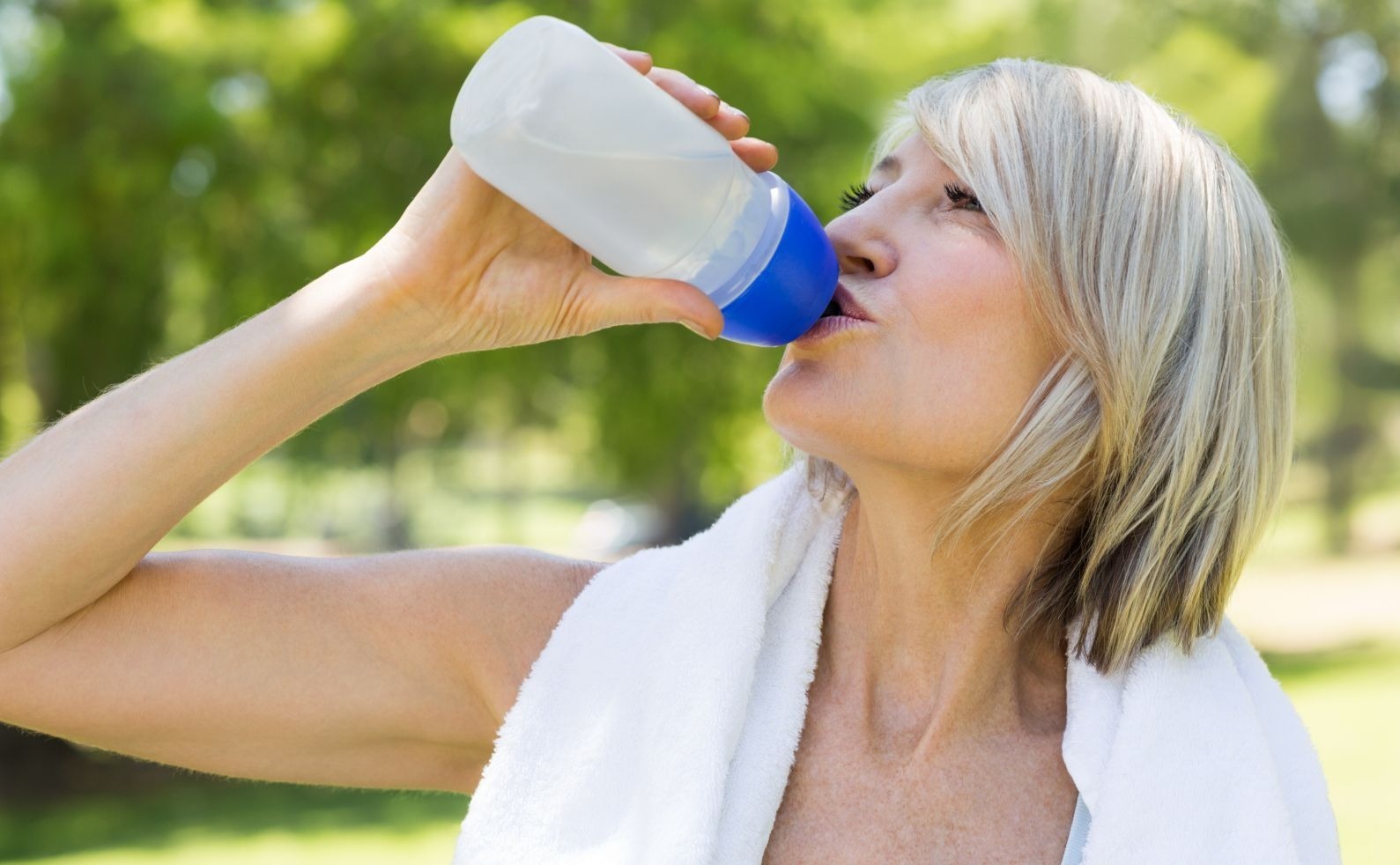As many women in mid-life are all too aware, the time around menopause known as “perimenopause” is a time fraught with many unwelcome changes. This nebulous time leading up to the last menstrual period can last up to 10 years. One of the symptoms that many women experience during this transition is what we refer to as “hot flashes.” Falling in the category of vasomotor symptoms, hot flashes can disturb sleep, wreak havoc throughout the workday, and contribute to increased anxiety in women. We do not fully understand why hot flashes occur; however, we do know that the roller coaster of hormonal fluctuations occurring at this time (particularly estrogen) is to blame. Luckily, we are equipped with many pharmacological and non-pharmacological treatment options to help us navigate this challenging time. Let us discuss.
Our most potent treatment option for hot flashes is no doubt, hormone therapy. The topic of hormone therapy has in the past been controversial. However, we do know that for the right women (whose risk factors have been evaluated by a trained clinician) hormone therapy can be a game changer for this pesky vasomotor symptom.
If hormones are not for you, do not despair. There are other pharmacologic options that we have at our disposal that are non hormonal. Some low-dose SSRI/SSNI medications have been shown to help reduce hot flashes, and are FDA approved for this purpose. They also have the dual benefit of helping with symptoms of depression and anxiety, which are often an additional problem during the transition of menopause. Other studies have shown that gabapentin (which is used to treat neuropathic pain), can help as well.
Now, let’s review the options that do not include pharmaceuticals. There are a few over-the-counter herbal supplements that have shown good promise in reducing hot flashes. Black cohosh is probably the most well-known. This comes in many forms and can be found at your local health food store. Another is Swedish flower extract, also known as Relizen. Keeping your Vitamin D levels in good range can also help. Consider taking 2,000-5000 IUs daily. Remember to always consult with your healthcare provider when choosing an over-the-counter supplement, as these are not FDA regulated and may have side effects.
From an Eastern medical perspective, acupuncture has been studied and found to be effective in reducing hot flashes.
Lastly, (and maybe most unpopular) are lifestyle changes. Decreasing the amount of simple carbohydrates and sugar in our diet is paramount. This includes bread, rice, pasta, and other simple sugars such as syrup and honey. Women in mid-life should decrease their alcohol consumption, specifically wine, as it tends to be high in sugar content. Limit caffeine consumption to 1 cup in the morning. Consider decaf, if you must have a cup in the afternoon.
The above recommendations provide a road map for managing hot flashes as you transition into and through menopause. If hormones are not an option for you due to risk factors (such as history of breast cancer or stroke), there are plenty of other ways to cook up a plan of attack. Lastly, it is so important to join forces with a healthcare provider who understands menopause and can be your partner through this transition. Here at Maze, we can be your partner. Contact us for a free phone consultation to see how we can help.

